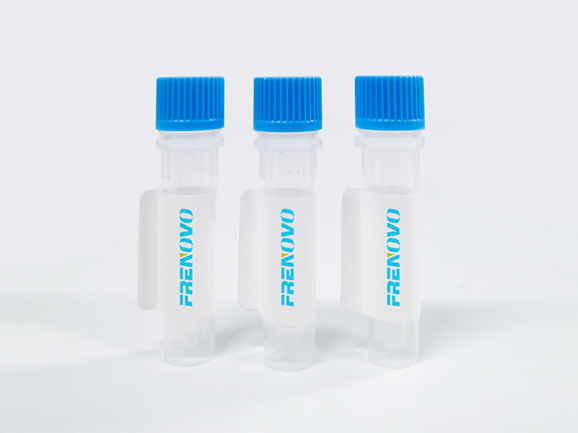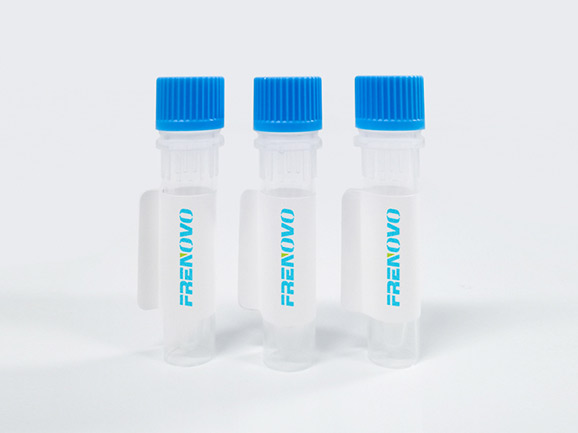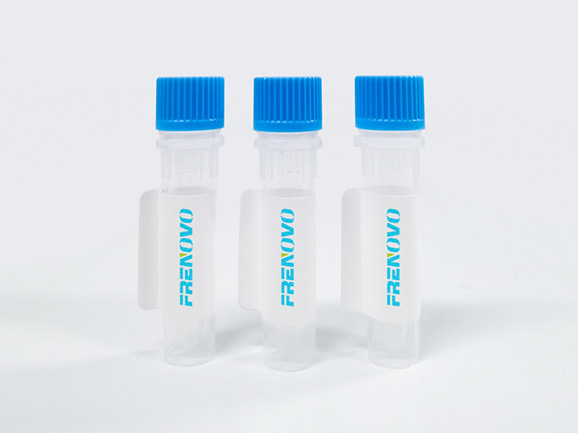Food safety is an essential aspect of our everyday lives, and the increasing number of foodborne illnesses worldwide has heightened the demand for stronger safety measures. One of the most critical ways to ensure food safety is through the use of rapid test kits. These innovative tools help detect foodborne pathogens in food products quickly and accurately, saving lives and preventing the spread of diseases. In this blog, we'll explore the types of foodborne pathogens that can be detected using rapid test kits.
The most common foodborne pathogens are bacteria, and the use of rapid test kits to detect their presence is crucial. Examples of bacteria that can be detected using rapid test kits include Salmonella, E. coli, Listeria, and Campylobacter. These harmful bacteria cause severe illnesses such as gastroenteritis, sepsis, and meningitis. Rapid test kits for these bacteria can detect even minuscule amounts of bacteria in food products, ensuring that no contaminated products reach consumers.
Viruses are another type of foodborne pathogens that can be detected using rapid test kits. Examples of viruses that can cause food poisoning are Norovirus and Hepatitis A. The symptoms of these viruses are often flu-like, including nausea, vomiting, and diarrhea. Rapid test kits for viruses use molecular techniques that can identify even tiny traces of viral RNA in food, allowing for a more accurate diagnosis of foodborne illnesses.
Parasites are lesser-known foodborne pathogens, but they remain a significant concern for food safety. Examples of parasites that can cause foodborne illnesses include Toxoplasma gondii, Cyclospora, and Cryptosporidium. These parasites can cause severe infections that lead to hospitalization, especially in young children, pregnant women, and those with weakened immune systems. Rapid test kits for parasites use antibody-based methods that can detect specific antigens present in the blood and feces of infected individuals.
In conclusion, rapid test kits are crucial when it comes to food safety, as they help detect foodborne pathogens quickly, accurately, and efficiently. From bacteria to viruses and even parasitic infections, there is a wide variety of foodborne pathogens that can be detected using rapid test kits. As consumers, it's our responsibility to demand food safety measures, and rapid test kits are a step in the right direction in ensuring that the food we eat is always safe. So, next time you're at the grocery store, be sure to check if the products you're purchasing have undergone a food safety rapid test at least once!



